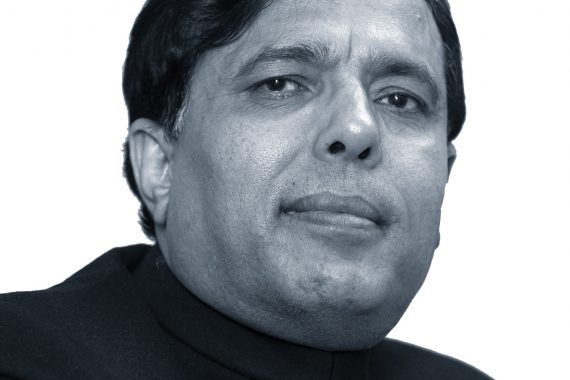Let me congratulate the GPC for electing a matured and experienced leader in Dr Richard Vautrey as the next chair of the GPC, replacing Dr Chaand Nagpaul.
His comment on being elected was: ‘I know there is much to do to deal with the workload pressures, resolve the workforce crisis and improve the morale of GPs but I firmly believe that GPC, working with Local Medical Committees, can turn this situation around and will enable a brighter future for general practice.’ All of us wish him success. Because if he fails, general practice will finish for good, and signs are not optimistic.
I met a local GP yesterday. I asked, how is he doing? His answer was: ‘Being a GP is no longer a pleasure, it’s more of a strain.’ No-one can withstand the pressures GPs are now under and there is no prospect of any let up. Each GP is handling 1,500 more consultations a year than in 2008 with substantially reduced resources. GPs and practice nurses can’t keep doing more for less and now that funding for general practice in England has slumped to just 8.5% of the NHS budget the service we provide is in crisis. To make things worse, the unprecedented decline in funding for healthcare in the community has brought general practice to its knees. The government is increasingly asking GP practices to provide more services, including many involving the transfer of hospital care into the community, without the resources required to successfully deliver them.
It is obvious from the GPs I meet regularly, that general practice is facing a workload disaster that is threatening its long-term future. More than a third of GPs are actively planning to end their career early and this could lead to a serious workforce crisis in general practice very soon. A growing and ageing population coupled with a surge in patients with multiple and chronic conditions is piling pressure on GPs but their share of the NHS budget has been slashed.
Since its creation, GPs have been the bedrock of the NHS and provide excellent care for patients. But we can no longer guarantee a future for general practice as our patients know it, rely on it – and love it. It is very clear that GPs are doing all they can and enjoy the trust and confidence of patients, but they are being seriously crippled by a toxic mix of increasing workloads and ever dwindling budgets, which is leaving patients waiting too long for an appointment and not receiving the time or attention they need and that GPs want to give them.
It is estimated that general practice will face a deficit of £2.7bn in 2021, which based on the typical costs of employing partner and salaried GPs would lead to a further shortfall of 7,500 GPs across England, on top of a present shortfall of over 8,000.
The profession has been brought to its knees both by a chronic slump in investment and the fact that there are now simply not enough family doctors to go around. General practice is at the heart of the NHS and if it is left to wither, as is the case now, it could sow the seeds of an unprecedented disintegration of the NHS at all levels.
If the present administration believes that it could starve general practice into submission and bring in private providers to take over, it will be mistaken too. By which time it will be too late for primary care to be rescued and care will be much the poorer (and more expensive) for it.
I agree with Pulse’s Editor Nigel Praities that the GPC is in capable hands, but whether the new Chair will be able to repair the damage done to core values of general practice is the million dollar question I don’t think I can answer!
Pulse July survey
Take our July 2025 survey to potentially win £1.000 worth of tokens












